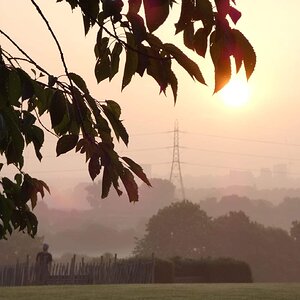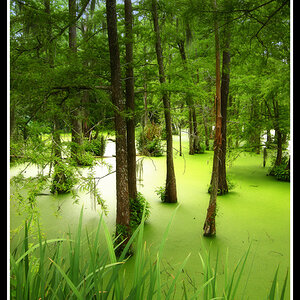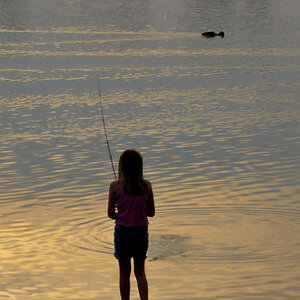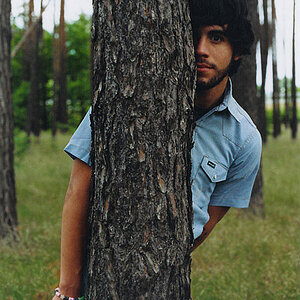skieur
TPF Noob!
- Joined
- May 14, 2007
- Messages
- 5,071
- Reaction score
- 204
- Location
- Canada
- Can others edit my Photos
- Photos OK to edit
Well, I have not found the exact part of the American copyright act which is very long, but summaries on the net related to education specify 10% as a substantial part and in video it is 10% or 3 minutes which ever is less.
It should be noted also that ephotozine, washingtonpost.com, and PC World among others have articles on the net on How to take photos from the tv screen. ephotozine even had a celebrity as the sample screen shot. I would seriously doubt that these kinds of articles would be this common if it were illegal.
skieur
It should be noted also that ephotozine, washingtonpost.com, and PC World among others have articles on the net on How to take photos from the tv screen. ephotozine even had a celebrity as the sample screen shot. I would seriously doubt that these kinds of articles would be this common if it were illegal.
skieur


 )
)



![[No title]](/data/xfmg/thumbnail/39/39472-acea19526f2c08f92fd1e95a92191bc2.jpg?1619739043)




![[No title]](/data/xfmg/thumbnail/39/39473-02c5070f4f13c145d9e4e3f13d9eec0f.jpg?1619739043)


